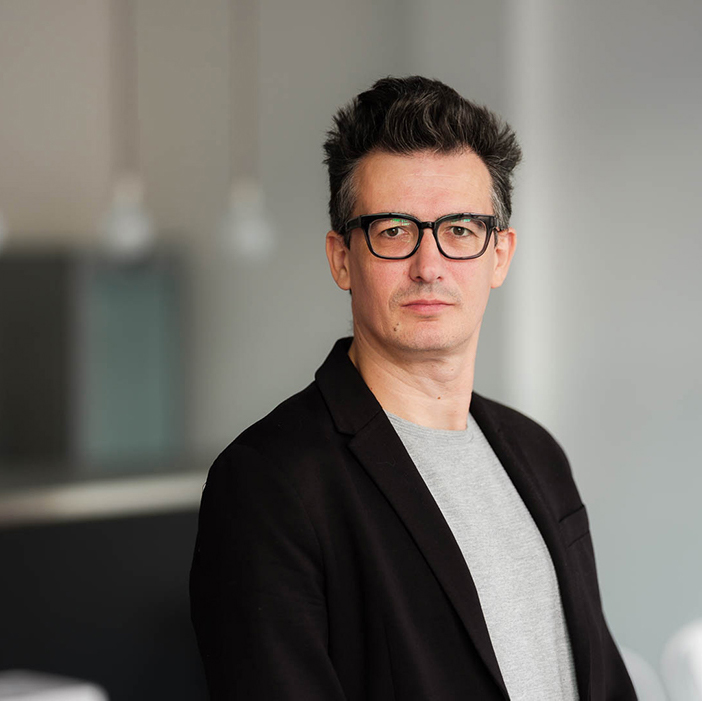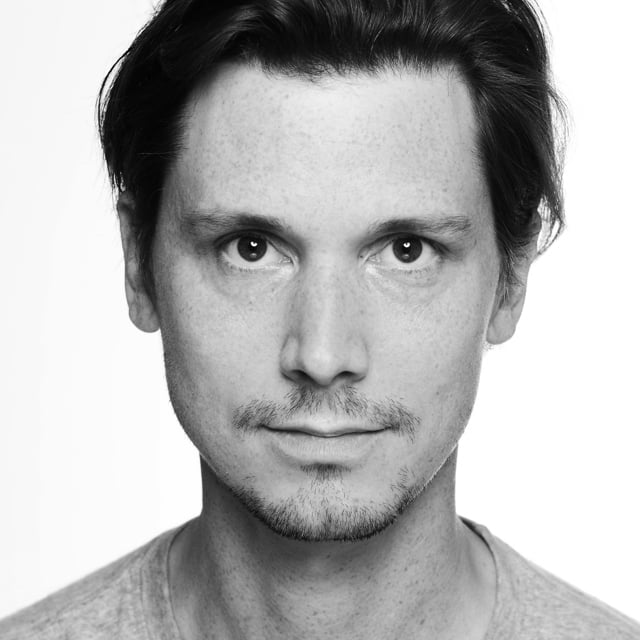About the Ars Electronica Garden Berlin
From 8th to 12th September, Andreas Ingerl and Moritz Schell will present the Ars Electronica Garden
Berlin.
Here, outstanding student works from the HTW Berlin's Communication Design programme will be exhibited
as part of the Ars Electronica Festival 2021 in the Reinbeckhallen in cooperation with the
Reinbeckhallen Foundation.
Throughout the course of the digital transformation of our environment, what might be understood as
’objective’ reality is increasingly being modified by a superimposed virtual realm. The spread of
virtual reality and mixed reality technologies is laying the foundation for a transition to mass media.
At the same time, a global pandemic has subjected dream of a new, virtual, and networked world to a
wake-up call. In the wake of social distancing, the temporary shuttering of cultural spaces and
educational institutions, the need for virtual spaces and meeting places continues to grow. What do
these worlds look like? Which rules should apply to them? Who is allowed to participate in them?
The exhibition ARTIFICIAL REALITY – VIRTUAL INTELLIGENCE showcases student projects that deal with these
questions: By means of a Brain Computer Interface, the emotional state of the participant influences
the perception of the virtual world.
The exhibition explores the limits of human cognition, wherein the physically experienced environment
and a simultaneously projected, minimally altered VR environment result in a form of psychic dissonance.
Ongoing dialogue with a voice assistance system creates new virtual worlds and reproduces the themes of
power and powerlessness vis-à-vis an omnipresent intelligent machine.
The works, all created during the Corona Pandemic in Distance Learning, address relevant social issues
raised by digital transformation processes: ARTIFICIAL REALITY, BIG ART, GENERATIVE DATA and VIRTUAL
INTELLIGENCE.
Curators

Andreas Ingerl
Andreas Ingerl is Professor of Audiovisual Multimedia in the Communication Design programme
at HTW Berlin and studied Visual Design at HfG Schwäbisch Gmünd and Media Studies at the
University of Tübingen. At the turn of the millennium, together with Prof. Ralf Dringenberg
(HfG Gmünd),
he was involved in the conception and design of communication systems based on Internet
technologies and in research and development in the field of dynamic real-time visualisation
of audio
data, which led to several patent applications. He was later a research assistant at the TU
Ilmenau in
the field of media conception / media psychology.

Moritz Schell
Moritz Schell works and researches at the interfaces between the physical world and the
digital sphere surrounding it, wherein possibilities of creative coding, physical computing
and
innovative technologies are discovered and brought together. He is a co-founder of
triggerbangbang and a research assistant in the communication design programme at HTW
Berlin.
He studied media art at the Bauhaus University Weimar.
Exhibiting Students
antorganic (2021)
Philip Gerdes (DE),
Bernhard Hoffmann
(DE),
Lara Ketzenberg (DE) &
Juliette Schminke (DE)
cogito (2021)
Linda Maas (DE)
Das Ding (2021)
Margarita Gehl (DE),
Jonas Peschel (DE) &
Constantin Ruchay (DE)
Golos (2021)
Iris Cakuli (AL),
Evgeni Dause (RU) &
Ekaterina Romanova (RU)
Inherited Assumptions (2021)
Sabrina Prinz (DE) &
Jana Staltmayer (DE)
Jajali (2021)
Liza Arand (DE),
Jasmin
Papadimitriou (DE) &
Javier Rivera Vollmer (DE)
Lost in Truncation (2021)
Jessica Dierich (DE) &
Daniela Vogel (DE)
Lucid Dream (2020)
Elena Kunau (RU) &
Mariya Yordanova (BG)
obsolescence (2021)
Sophie Boll (DE) &
Phuong Thao Phan (DE)
Shaped by News (2021)
Daniela Vogel (DE) &
Phuong Thao Phan (DE)
HTW Berlin has almost 14,000 students and stands for challenging studies, qualified graduates and practice-oriented research. As Berlin's largest university of applied sciences, it uses the diversity of its more than 70 degree programmes in a variety of interdisciplinary areas, including as the School of Culture and Design. On the one hand, it houses areas of cultural studies such as museology, conservation and restoration or landscape archaeology and, on the other, a broad spectrum of design disciplines such as communication design, fashion design, industrial design or game design.
The Communication Design programme is one of the design degree programmes in Germany that offers one of the broadest ranges of topics between classical and the latest media. In the context of the Ars Electronica Festival, student projects from the digital focus of design with high technologies such as virtual reality, artificial intelligence, generative design, alternative interfaces or futurology will be shown. In addition, the latest CINEMIRACLE short films will celebrate their premiere.